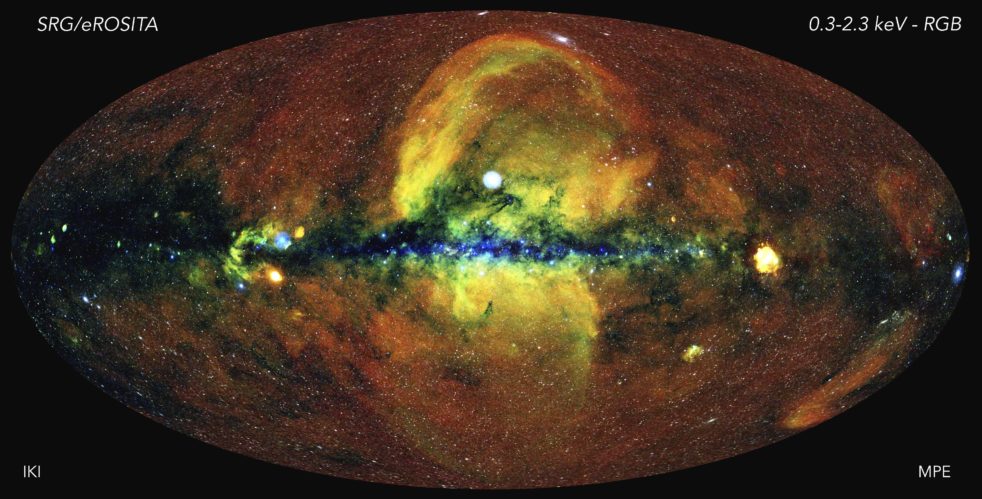Particle lifetimes – live forever or die quickly?
[Draft] Why is everyday matter so stable? We take it for granted that the lifetime of (non-radioactive) atoms is billions of years. Same for the protons and neutrons in their nuclei (barring a high-energy interaction). Unlike protons, lifetimes are not the same for bound and unbound “free” neutrons. Beta decay. Sticking around for billions of… Continue reading Particle lifetimes – live forever or die quickly?


